Rwanda’s Circular Food Future: From Policy to Practice, a Nation Redesigns its Food Systems
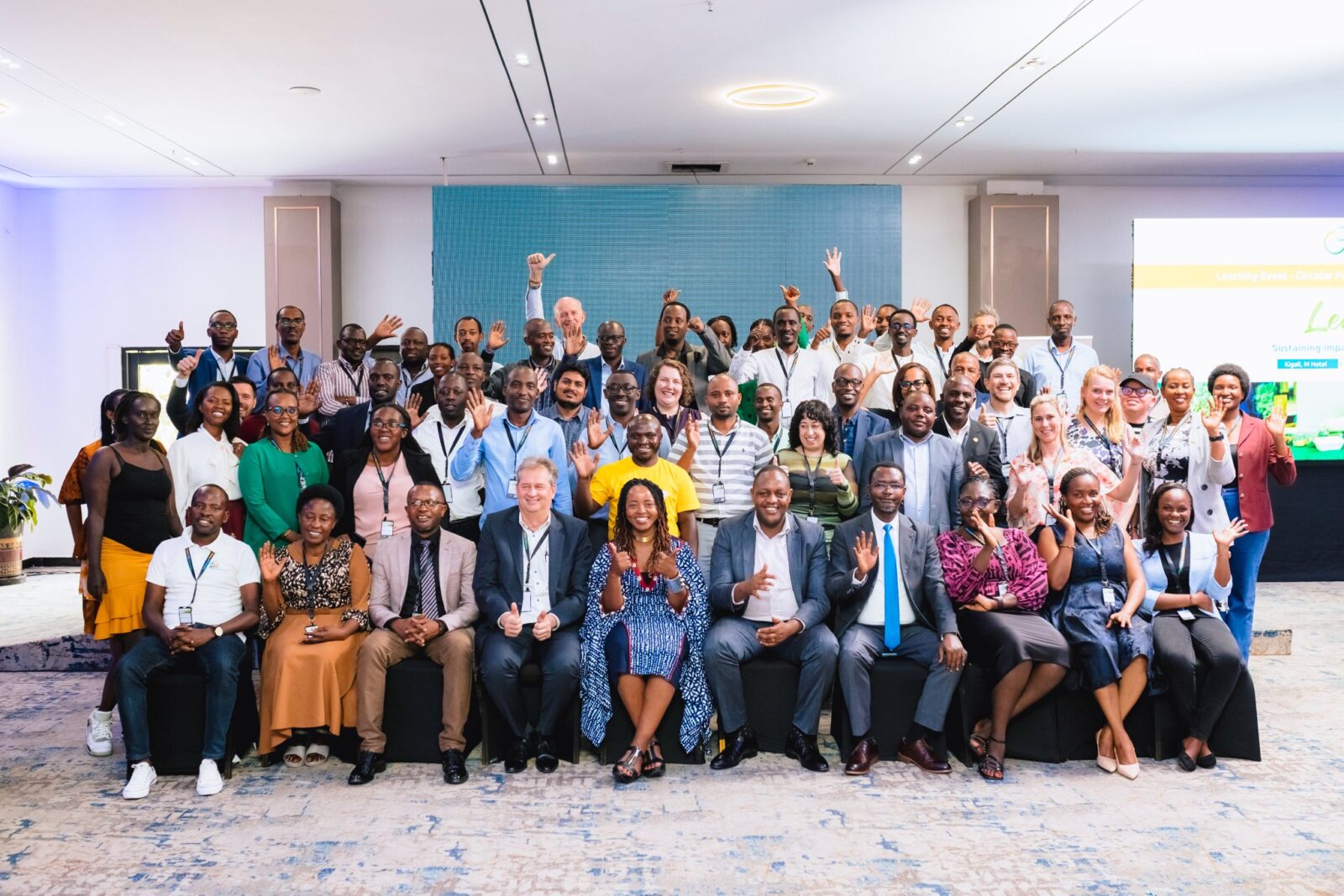
At a bustling forum in Kigali, policy-makers, development partners, and entrepreneurs gathered around a shared vision, one that turns waste into wealth and redefines how Rwanda grows, processes, and consumes food. The message from the panel was clear: Rwanda’s circular food systems transformation is no longer an idea on paper, but a movement gaining momentum across farms, industries, and ministries.
A Vision Rooted in Collaboration
Opening the discussion, Eric Ruzigamanzi, Country Representative of the World Resources Institute (WRI) Rwanda, emphasized that the journey toward circularity begins with partnership. “Our goal is not just to manage waste,” he said, “but to rethink how food systems can work for people, nature, and the economy together.”
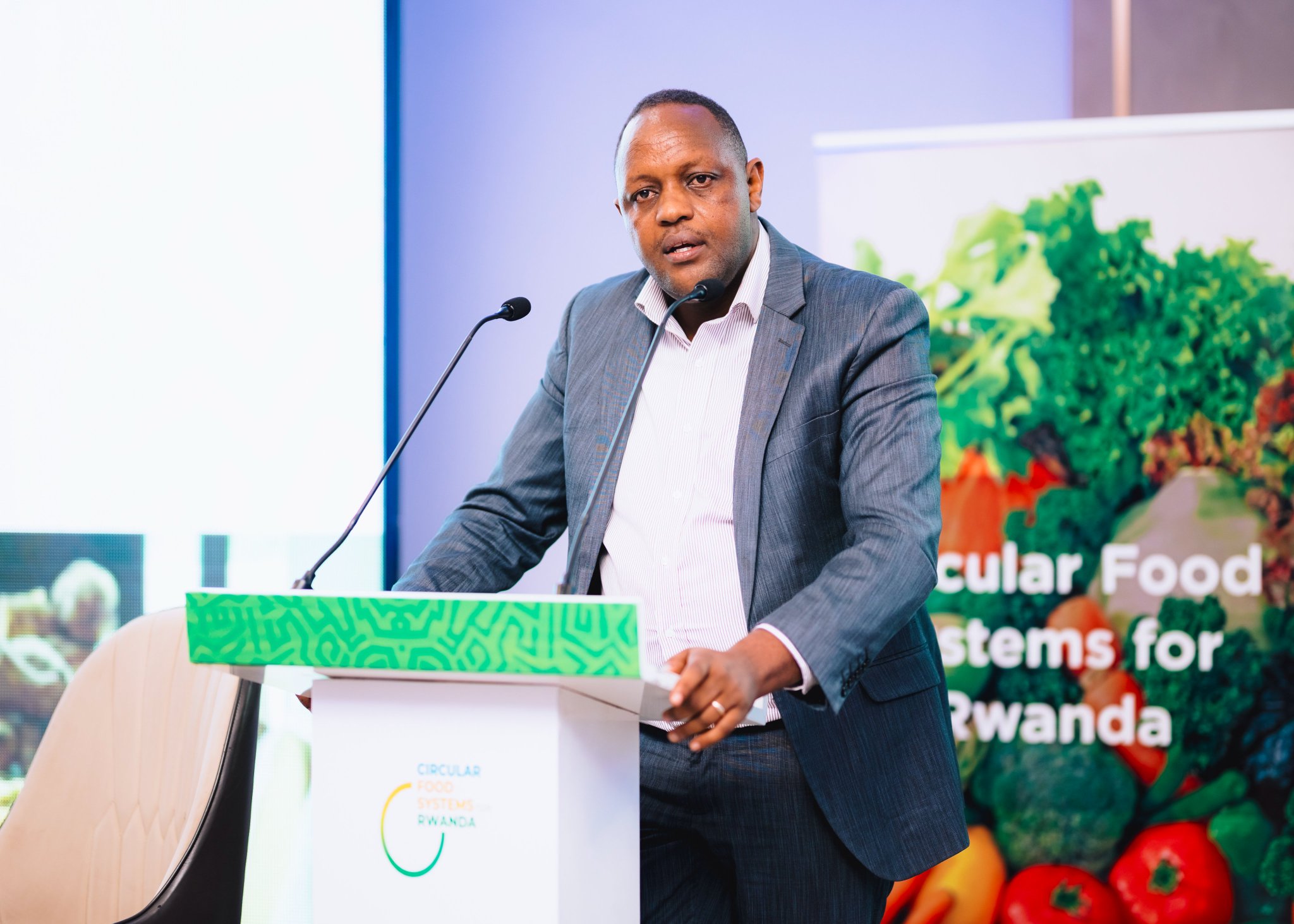
The conversation built on Rwanda’s growing leadership in reimagining sustainability. From regenerative agriculture to innovative business models, the country is positioning itself as a pioneer in circular economy practices that link productivity, climate resilience, and community well-being.
From Vision to Implementation
Dr Susan chomba, Director Food, Land and Water, World Resources Institute (WRI), framed the circular food systems agenda as both urgent and transformative. “Circularity isn’t simply recycling,” she explained in a side interview. “It’s about reconfiguring entire value chains so that every input, by-product, and waste stream adds value somewhere else whether in the soil, in the market, or back into the hands of communities.”
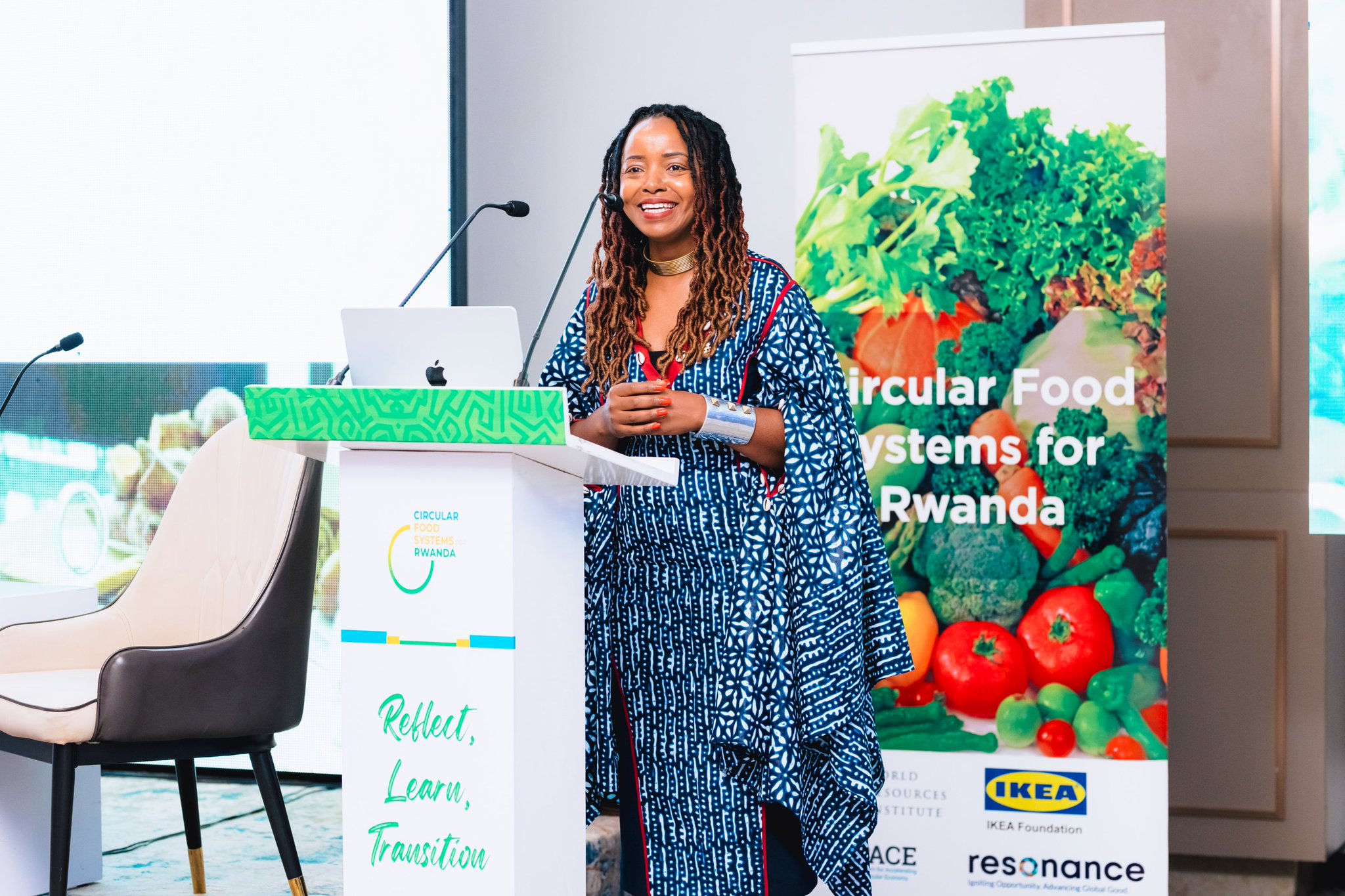
Dr. Chomba highlighted that Rwanda’s efforts align with WRI’s broader work across Africa under the Circular Food Systems for Rwanda project, supported by the IKEA Foundation. The initiative supports local institutions, government agencies, and businesses to pilot practical models of circularity from regenerative soil practices to waste recovery in food processing.
The IKEA Foundation’s Nic van der Jagt, Monitoring, Learning, and Evaluation Manager, reinforced that the Foundation’s involvement is “about building evidence and learning from what works.” He noted that “Rwanda’s approach grounded in co-creation, collaboration, and systems thinking is showing how circular food systems can deliver both climate and livelihood benefits.”
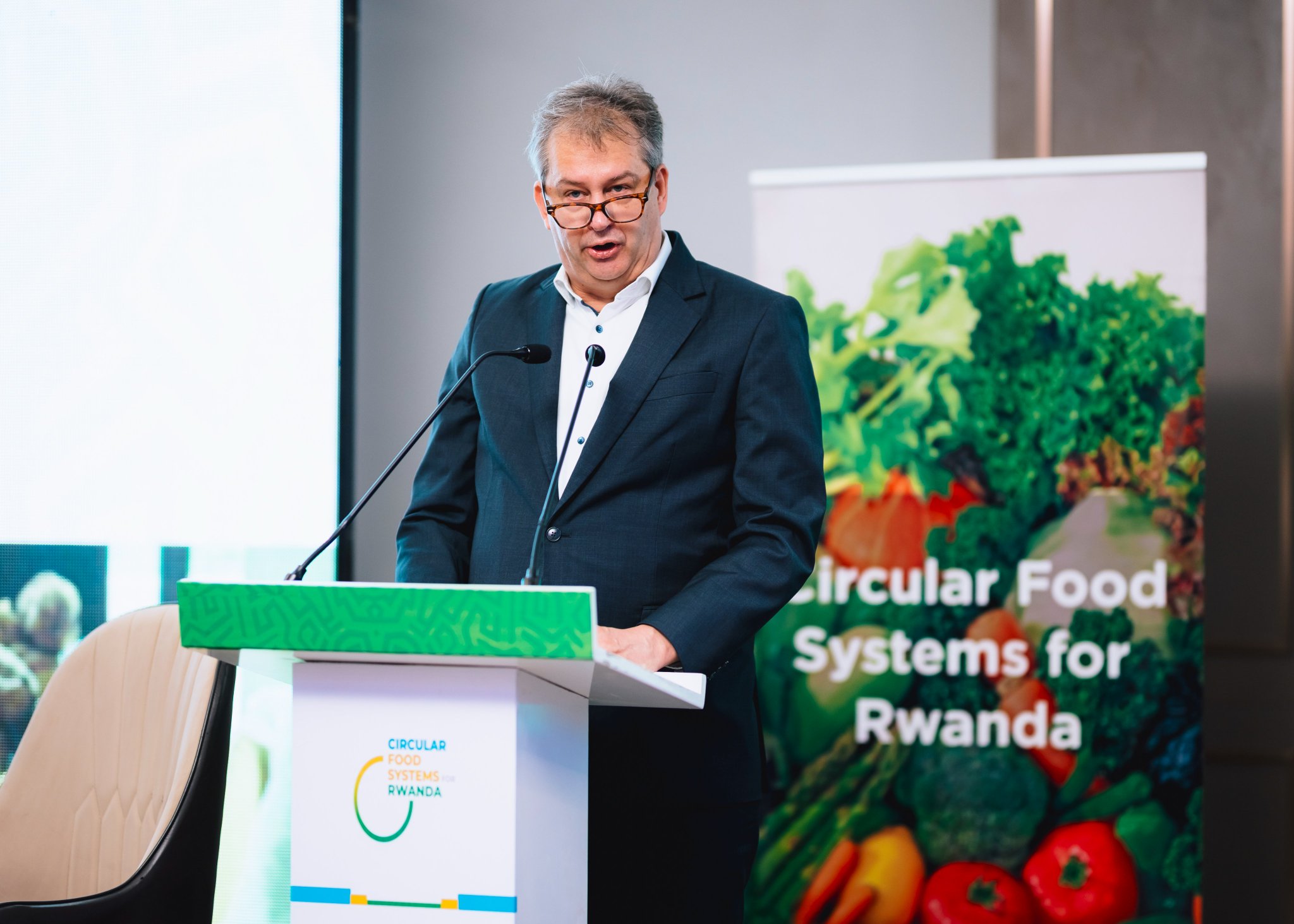
Policy Innovation Driving the Transition
Government leadership has played a key role in advancing circular food systems in Rwanda.
Dr. Christian Sekomo Birame, Director General of the National Industrial Research and Development Agency (NIRDA), highlighted the importance of sustaining the project’s impact beyond its initial phase.
“Today is a moment to reflect on what we have achieved and to look ahead at how we sustain and scale this progress,” he said.
Dr. Birame underscored the power of collaboration between government, WRI, Resonance, ACEA, ACEN, CPCIC/NIRDA, and the IKEA Foundation; a partnership that has helped SMEs reduce waste, create new circular products, and strengthen market access. Policy dialogues have engaged dozens of institutions, leading to reforms that support innovation and resource efficiency.
“Each SME here shows that circularity is not only good for the environment, it is a business opportunity and a driver of inclusive growth,” he noted.
Looking forward, he urged partners to maintain the momentum:
“What we have started must continue to grow, with strong local capacities and lessons that inspire wider transformation.”
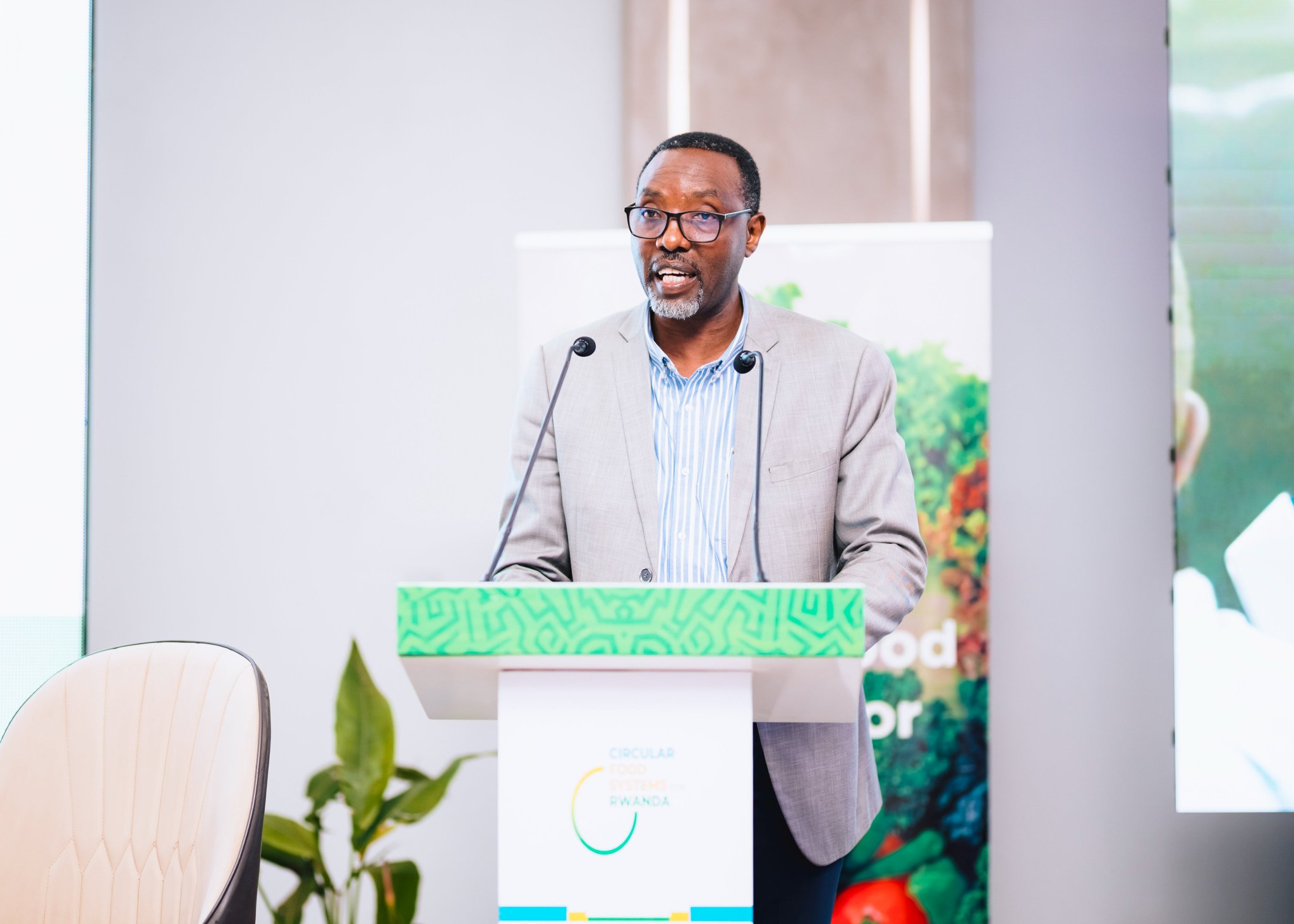
Industrial Policy Meets Green Innovation
That collaborative energy extends to Rwanda’s industrial policy as well. Fred, an Industrial Policy Analyst from the Ministry of Trade and Industry (MINICOM), explained that circular economy principles are now woven into the country’s new industrial policy. “We support small and medium enterprises (SMEs) that operate in the circular economy space through financial incentives, tax exemptions, and technical assistance,” he said.
He pointed to successful recycling initiatives from electronic waste to scrap metal and paper that are creating new business opportunities while cleaning up the environment. “You can no longer see metal scraps lying in the streets,” he added. “They’re all being collected, recycled, and turned into useful materials for domestic and export markets.”
MINICOM is also promoting specialized industrial parks, such as the upcoming agro-food park in Nyagatare, designed to cluster green industries that share resources and by-products. “These clusters will help businesses learn from one another and scale good practices,” Fred said. “That’s how circularity becomes not just environmental policy but industrial reality.”
Monitoring Progress and Building Partnerships
Partnerships have also been key in ensuring that Rwanda’s circular economy roadmap launched in 2022 moves from planning to measurable action. The roadmap focuses on four priority sectors: agriculture, waste, water, and construction.
A representative from the Ministry of Environment described how the government has embedded circular principles into key sectoral policies, from electronic waste management to construction and sanitation. “Our priority has been creating an enabling environment,” they explained. “Every new policy now includes circular economy objectives and we’re backing this with pilot projects in secondary cities to demonstrate how it works in practice.”
These pilots, developed in collaboration with partners like the Global Green Growth Institute (GGGI) and GIZ, include sorting and composting facilities to turn waste into valuable materials. The ministry also highlighted Rwanda’s role as a founding member of the Africa Circular Economy Alliance, and as co-chair of the global platform for Circular Economy and Resource Efficiency. “This international collaboration strengthens our local implementation,” they said. “It’s about learning from others, but also showing what’s possible from Rwanda.”
The Business of Circular Food
The private sector’s growing participation was visible throughout the panel. Entrepreneurs such as Amani Twagirayezu, founder of Triumvirate, and Diane Niyorugero of MNB, shared how circular principles guide their work in agri-processing and food innovation. Both are among a new generation of Rwandan entrepreneurs transforming sustainability from theory into profitable practice.
Twagirayezu’s company is developing nutrient-rich products from by-products that would otherwise go to waste, while Niyorugero’s enterprise focuses on turning food residues into valuable inputs for farming. “Circularity is not a luxury, it’s a business model,” Niyorugero said. “When we close the loop, we create value and resilience at the same time.”

A Shared Commitment
Denmark’s Ambassador to Rwanda, H.E. Mr. Casper Stenger Jensen, commended Rwanda’s leadership and collaborative spirit. “Circular food systems offer a pathway to sustainable growth,” he said, “and Rwanda’s progress provides inspiration for the region and beyond.”
As the event drew to a close, there was a sense of momentum in the room, a recognition that the circular economy is no longer an abstract concept but a living strategy being built from farms, factories, and policy halls alike.
In the words of WRI’s Eric Ruzigamanzi, “Transformation doesn’t happen in isolation. It happens when government, business, and communities come together and Rwanda is showing how that’s done.”
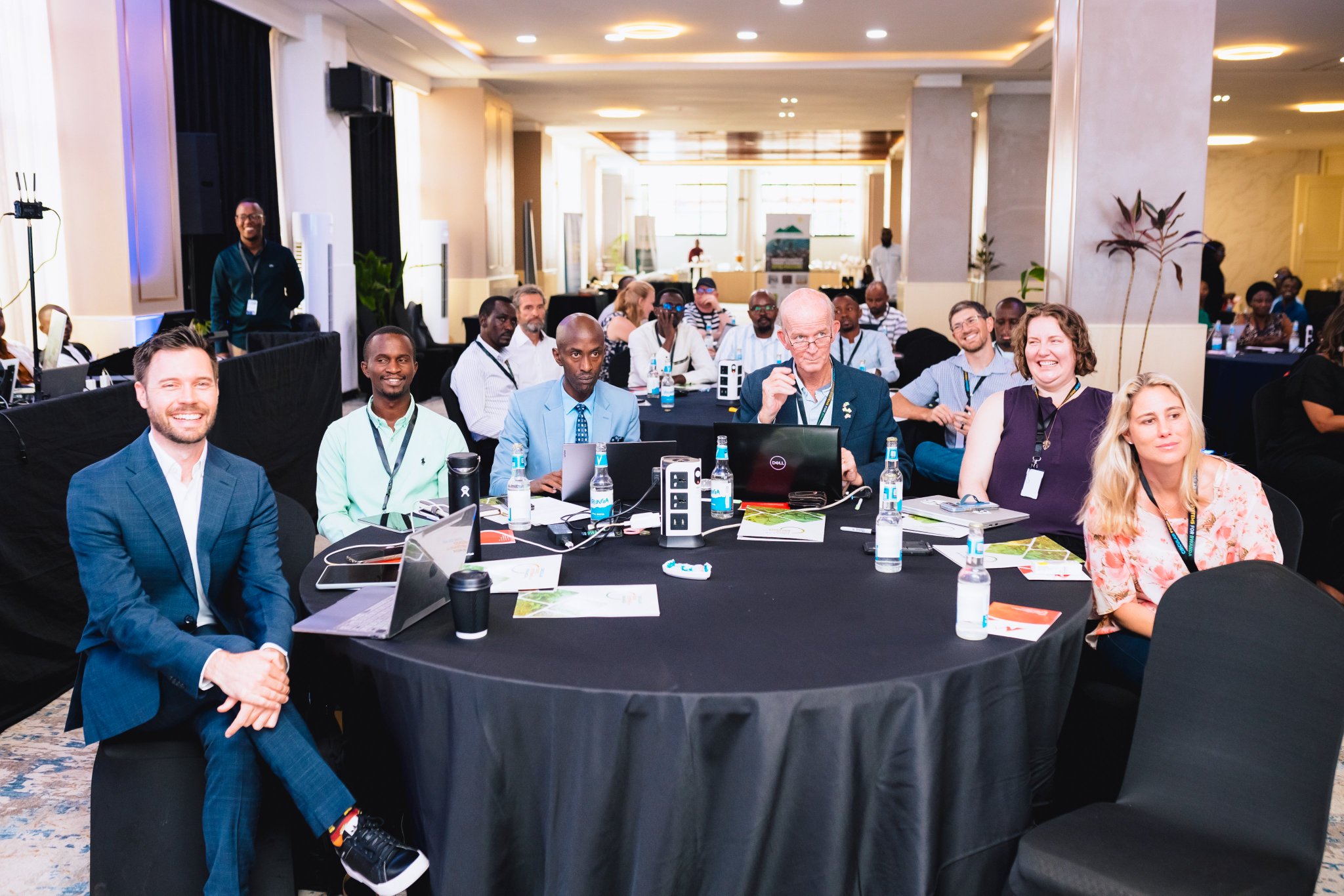
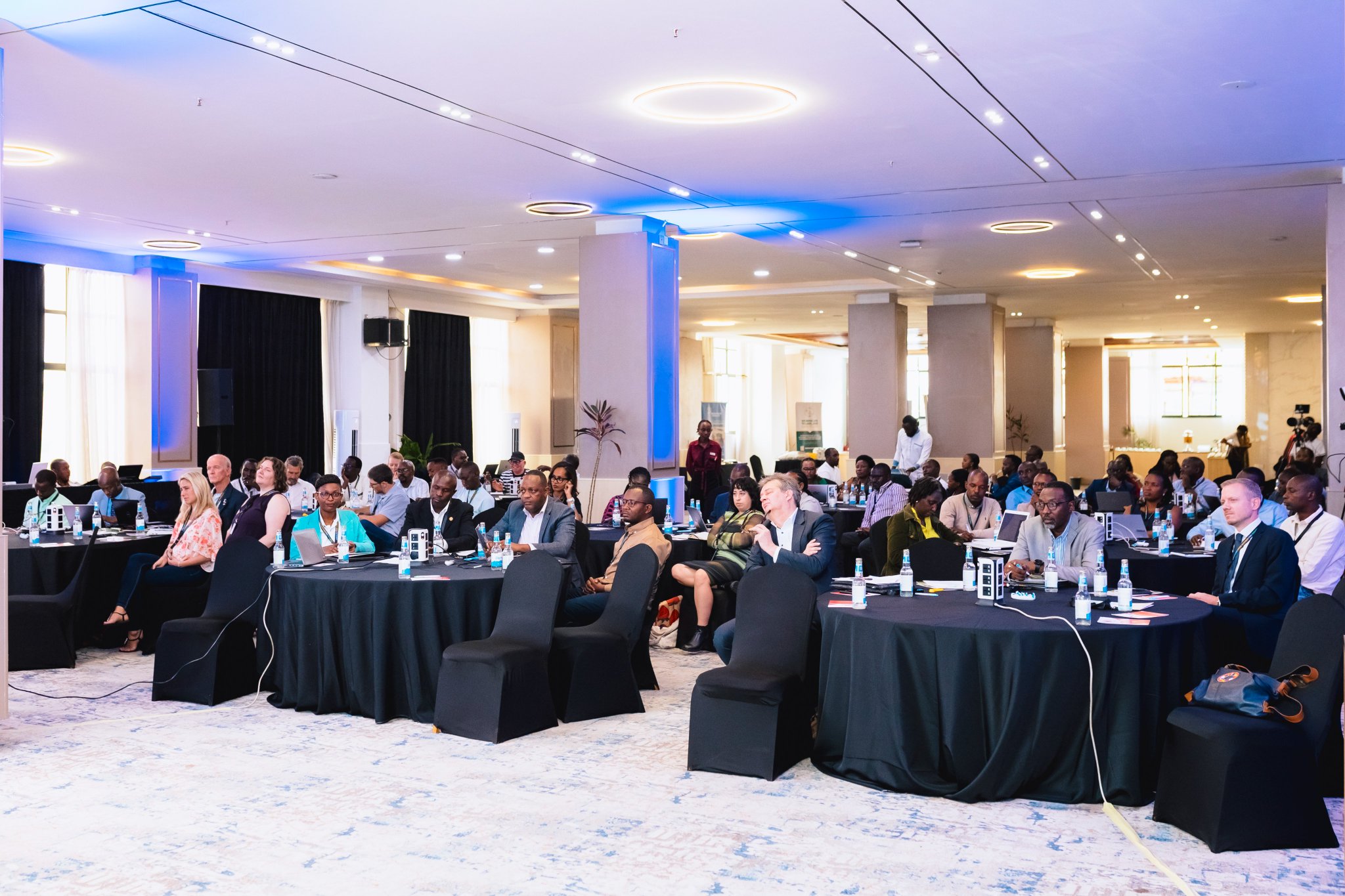
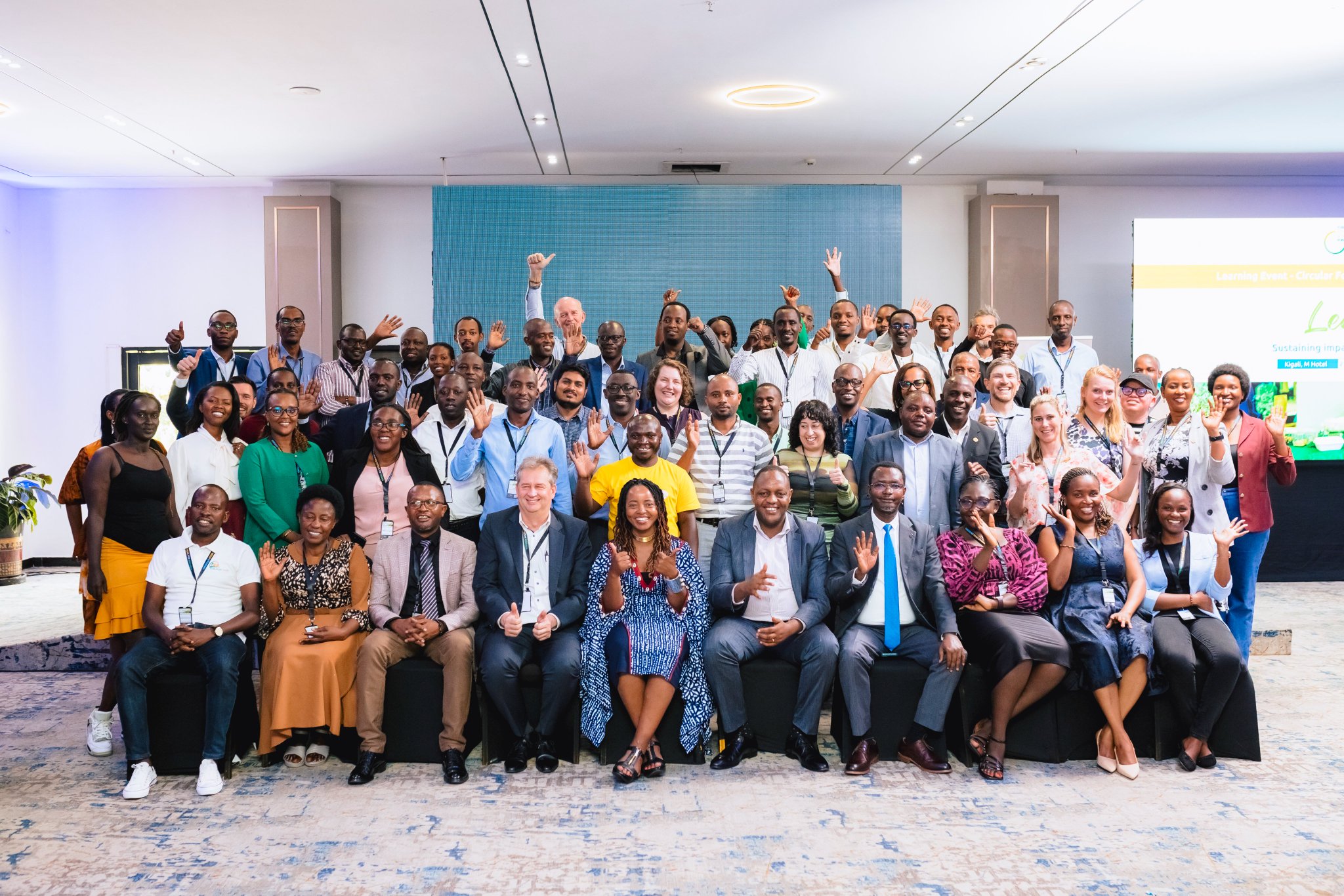
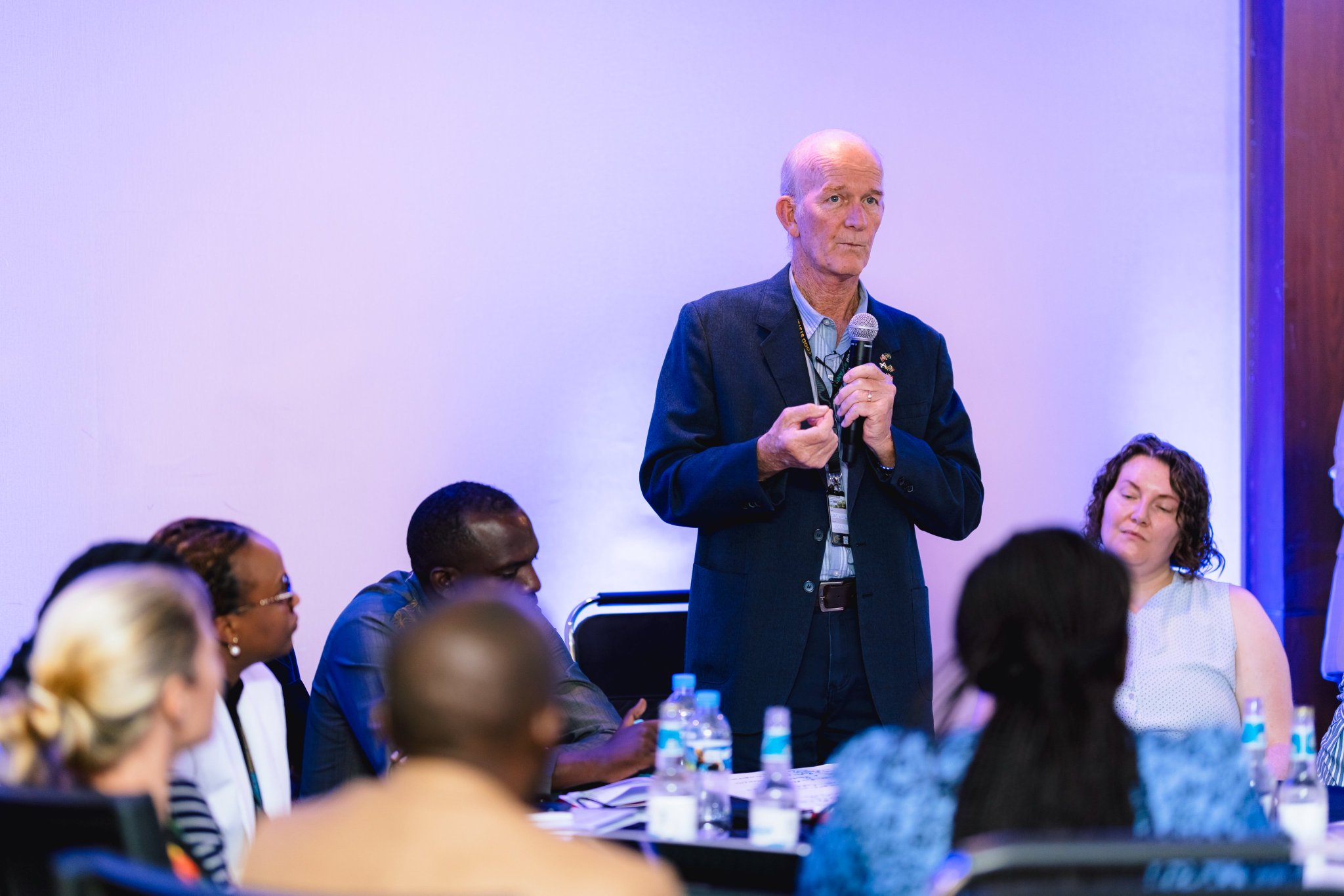
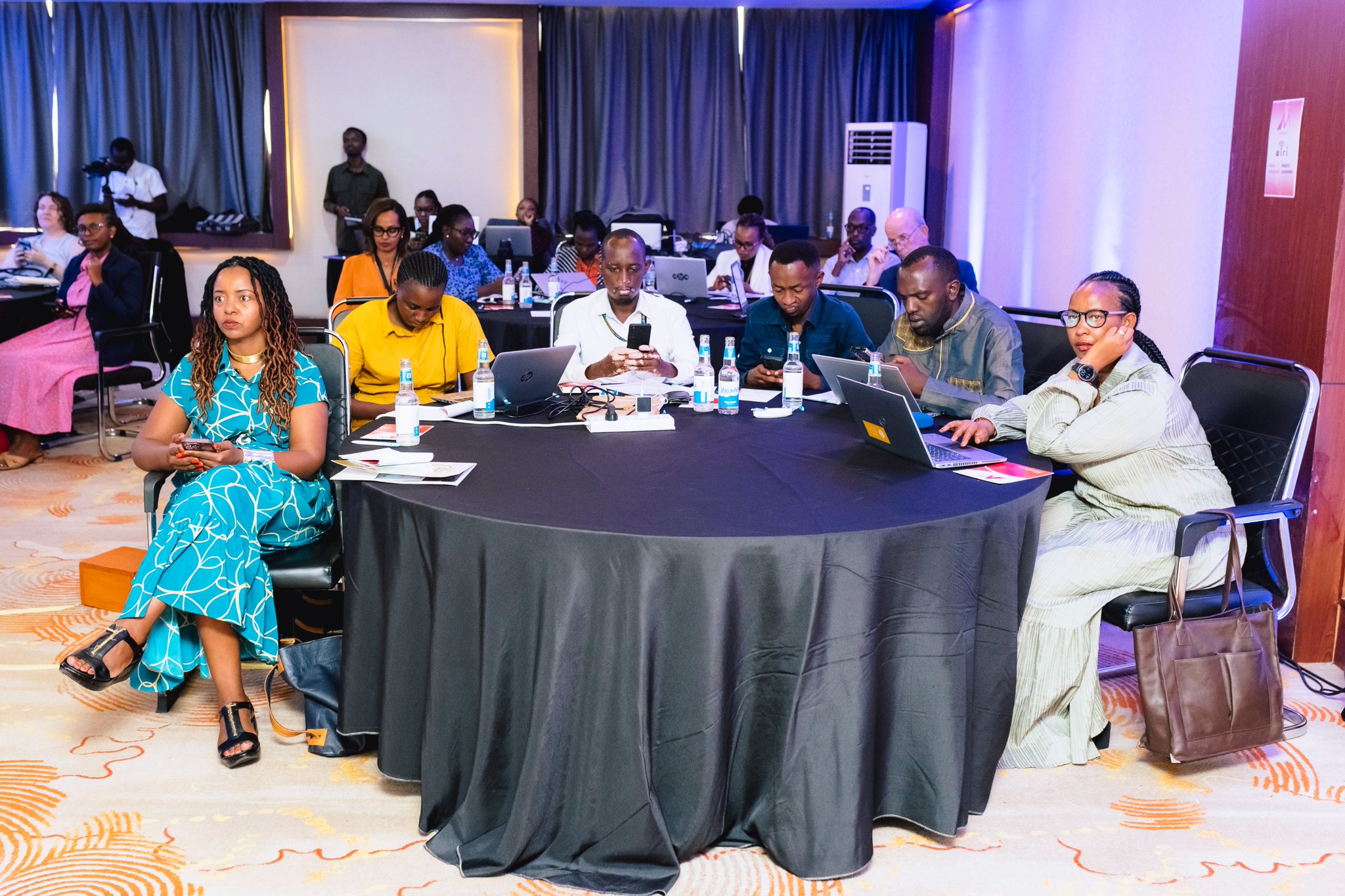
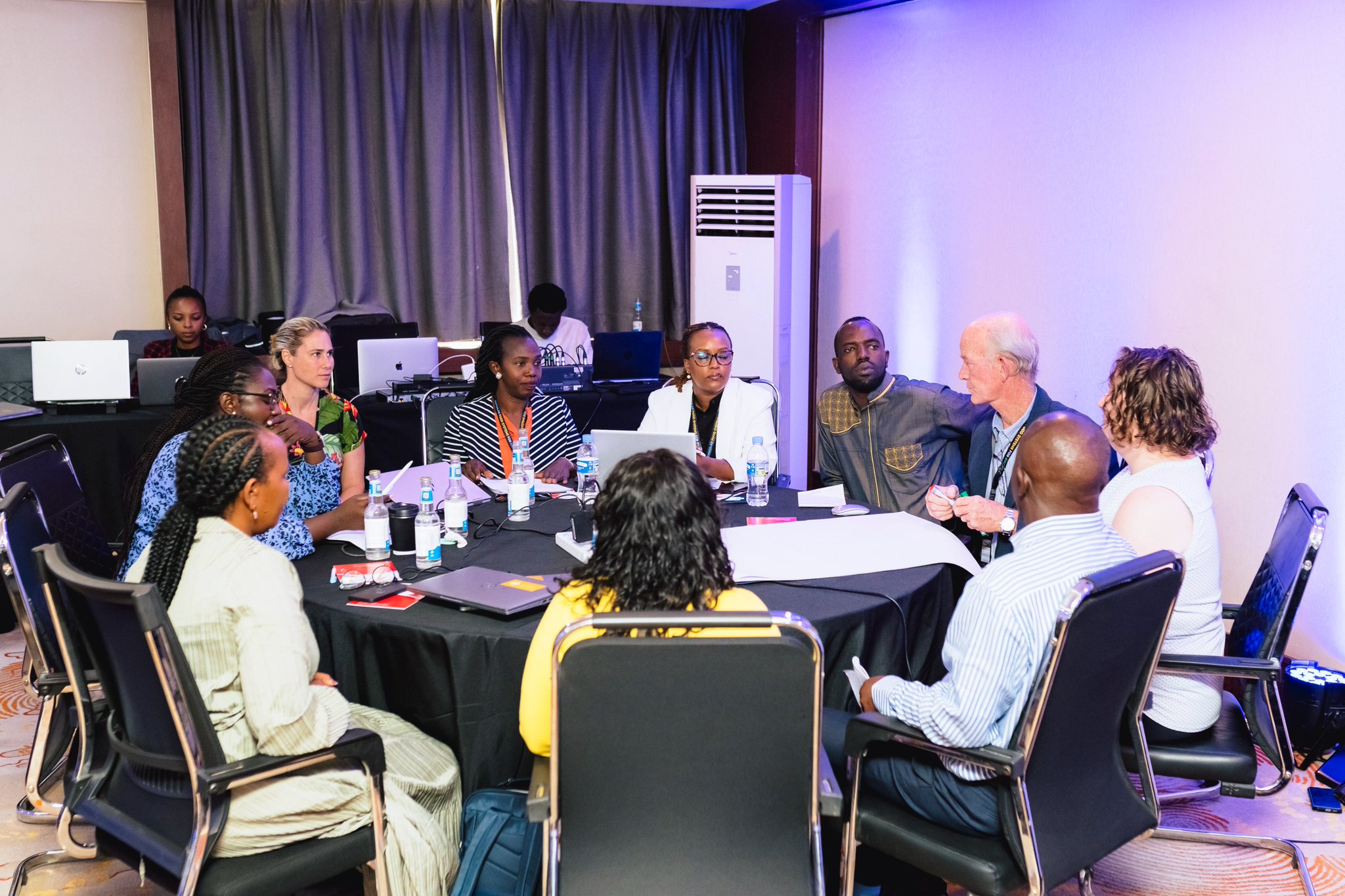
Related Articles
Global Agri & Food Safety Congress 2026: Building Resilient Food Systems in a Changing Climate
On 26–27 February 2026, international experts, researchers, industry leaders, farmers, and policymakers...
Why Animals Are a Key Piece of Africa’s Disaster Resilience Puzzle
Across Africa, people and animals have coexisted for centuries, not just sharing...
Leaders Call for Stronger Monitoring to Turn Ecosystem Restoration Commitments into Results
Nairobi, Kenya — 27 January 2026 Country and regional leaders, alongside technical...
Worm Tea: A Natural Path to Farming Without Harmful Chemicals
For much of his early farming life, Isaac Mubashankwaya believed chemical fertilizers...


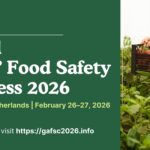
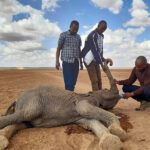
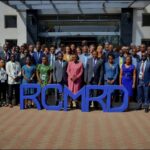

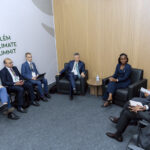


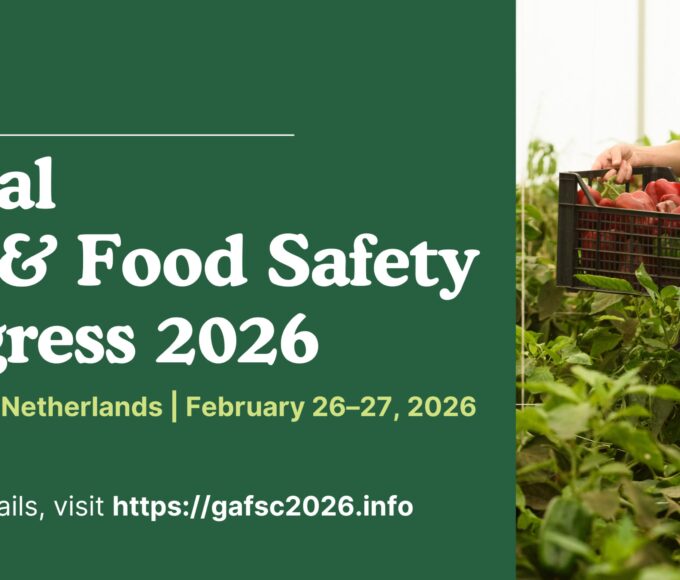
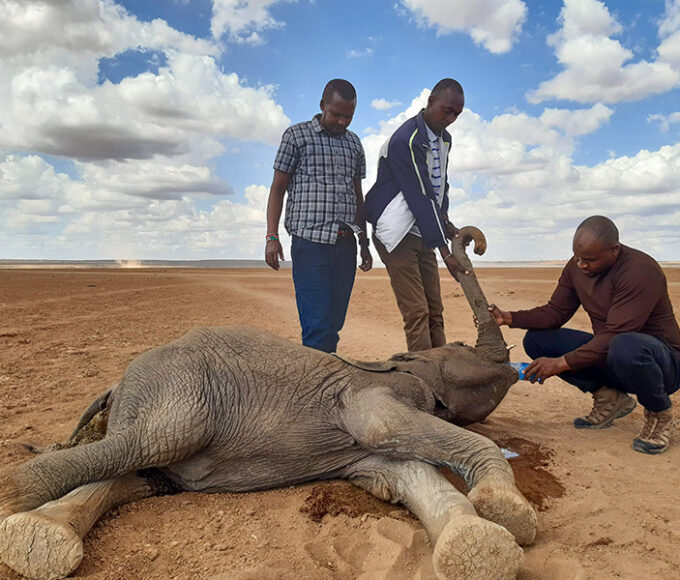
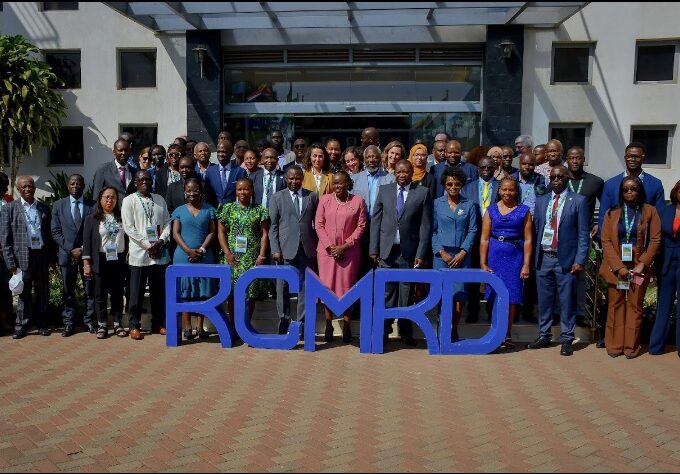
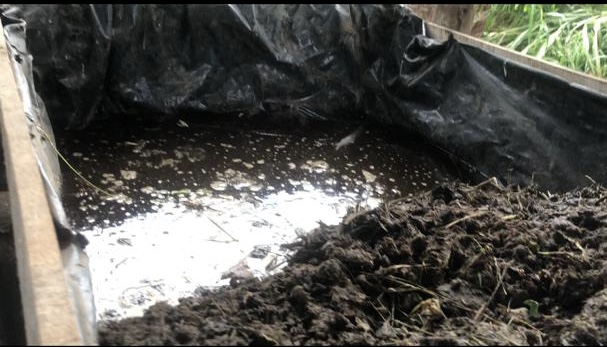
Leave a comment